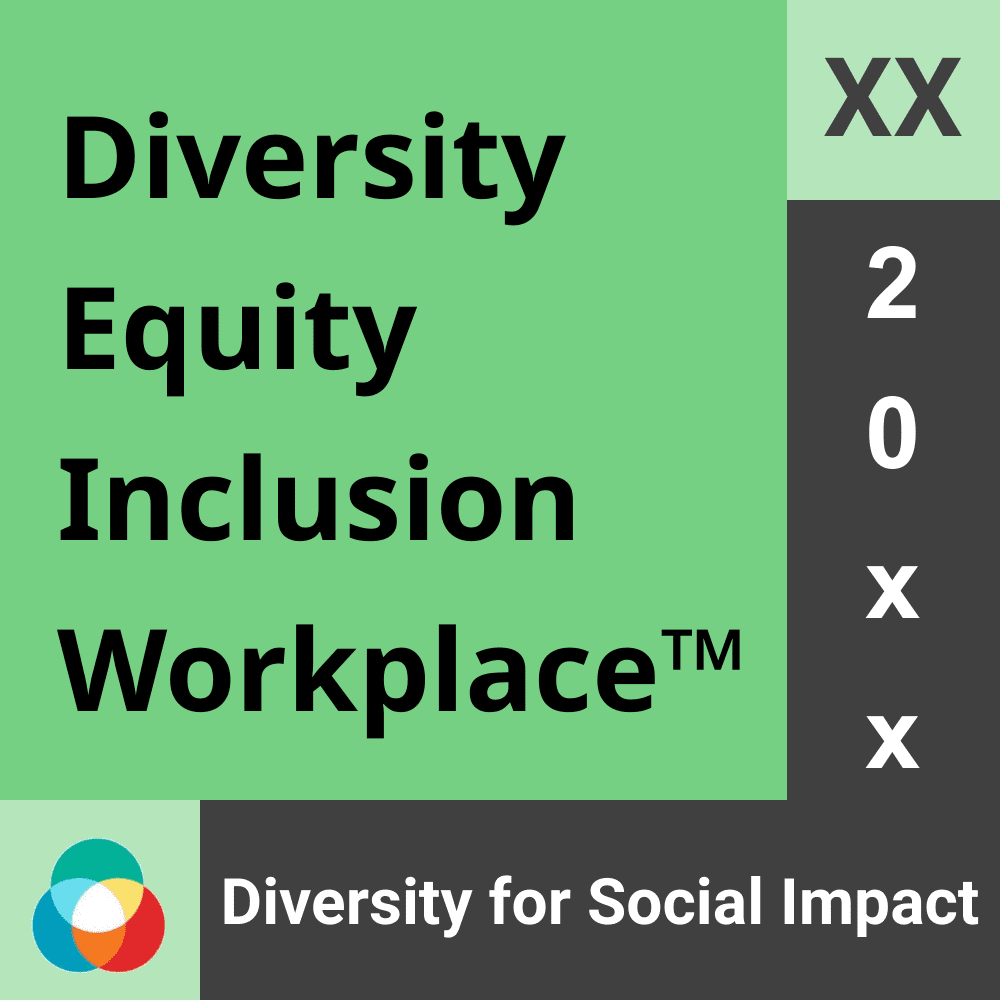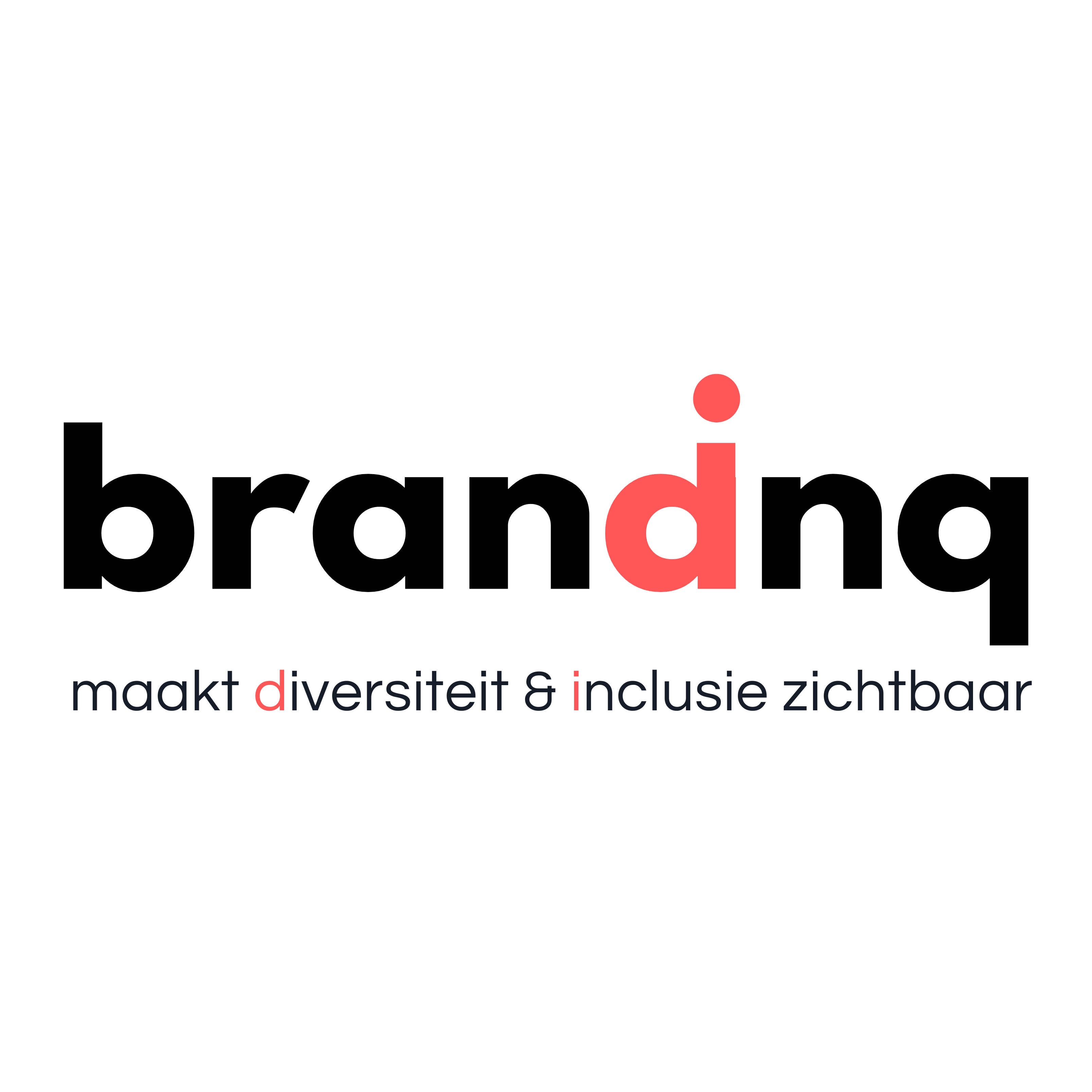Global DEI Insights & Strategies: Unlock the Power of Inclusion (2024 DEI Resources)

Welcome to our latest issue! We’ve packed it with stories and tips from all around the world on how to make our workplaces and communities more welcoming for everyone. From educational initiatives to industry shifts, you’ll find fresh insights and practical advice for embracing diversity and inclusion.
DEI Expert Insights for Forward-Thinking Leaders
In our continuous journey towards a more inclusive workplace, this week we spotlight essential strategies for leaders committed to making a difference. Dive into our expert articles to explore actionable steps for nurturing an inclusive culture with a multigenerational workforce and building a diverse and well-represented team. Whether you’re looking to enhance team cohesion or refine your recruitment tactics, these insights are your key to fostering an inclusive future.
How to Build an Inclusive Culture with a Multigenerational Workforce
Embrace the diversity of experience that a multigenerational workforce brings to your organization. This article offers insightful strategies for fostering an inclusive workplace where every generation feels valued and understood. Learn about the benefits of creating communication bridges between different age groups, implementing flexible work policies that cater to diverse life stages, and using mentorship programs to encourage knowledge sharing across generations. Discover how to leverage the unique strengths of Baby Boomers, Gen X, Millennials, and Gen Z to enhance innovation and drive your business forward.
How to Build a Diverse and Well-Represented Workforce
A diverse workforce is not just an asset; it’s a necessity in today’s global business environment. This article provides a comprehensive guide to recruiting and retaining a workforce that reflects the world around us. Gain insights into best practices for developing inclusive job descriptions, strategies for unbiased recruiting, and the importance of representation across all levels of the company. Learn how to create a welcoming environment that supports diversity through inclusive policies and practices, and why this is crucial for your organization’s success and sustainability.
Spotlight on Global Diversity Initiatives:
US: Unpacking the News Experience for Black Americans
Today, we’re diving into a topic that’s as timely as your morning espresso: the relationship between Black Americans and the news media. Let’s explore some crucial insights and what they mean for diversity, equity, and inclusion in journalism.
Since the pivotal 1967 Kerner Commission report, which criticized media treatment of Black Americans during urban unrest, discussions about media representation have evolved but some challenges persist. Fast forward to today, and the conversation continues with some eye-opening statistics from recent Pew Research Center surveys:
When it comes to getting news from social media, there’s an indication that Black Americans have a dynamic engagement with platforms that offer immediate and diverse viewpoints.
A notable concern among Black Americans is the portrayal of their community in the news. Many feel that improvements are necessary to ensure fair and accurate coverage, highlighting the need for media outlets to rethink their approach to reporting on racial issues.
There’s a strong desire for more stories about race and racial inequality to be told by Black journalists, who bring essential perspectives and depth to these discussions. However, despite the demand for content from Black news outlets, only about a quarter of Black Americans frequently turn to these sources.
Black Americans are more likely than other groups to feel misunderstood by the media due to racial or demographic traits. This underscores the importance of diversity in newsrooms—not just in race but in experiences and backgrounds to broaden understanding and improve how stories are told.
As we sip our coffees and scroll through our feeds, it’s crucial to reflect on how the diversity of news sources and the journalists behind them can shape public perception and influence societal change. The media’s power in framing discussions about race and inequality highlights the need for a more inclusive approach to news reporting—one that truly represents the fabric of all communities.
Here’s to better representation and a richer, more nuanced narrative in our news. Let’s keep pushing for media that mirrors the real diversity of its audience.
Canada: KPMG Canada’s DEI-Driven Return to Office
As we navigate the shifting landscapes of post-pandemic work environments, KPMG in Canada stands out with its proactive approach to diversity, equity, and inclusion (DEI) during the return-to-office phase. Here’s a closer look at how they’re keeping DEI at the heart of workplace transitions.
During the pandemic, remote work became a norm, offering unique insights into flexible work arrangements and highlighting the diverse needs of employees. Stephanie Braid, Director of Inclusion, Diversity, and Equity at KPMG in Canada, emphasizes the importance of retaining these lessons as offices reopen. KPMG is committed to a tailored approach, acknowledging that there’s no one-size-fits-all solution when it comes to productive work environments.
The firm has been on a years-long journey to enhance its workplace for all employees, especially those with disabilities. By establishing the Disability Inclusion Network and the Special Family and Friends Network, KPMG aims to understand and address the specific needs of these groups more effectively. These initiatives have been pivotal in identifying gaps and barriers, fostering a workplace that celebrates and supports diversity in its truest form.
KPMG also introduced a productivity profile for employees, which helps outline individual preferences on how, where, and when they work best. This tool is crucial for facilitating discussions between employees and managers, ensuring work arrangements are optimally aligned with personal productivity.
For neurodiverse employees, KPMG has implemented a suite of resources including a neurodivergent-inclusive leadership checklist, online education programs, a neurodiversity mentorship program, and job coaching. These efforts not only support individual employee needs but also educate the entire workforce on neurodiversity, enhancing overall corporate empathy and understanding.
Noorin Mizuyabu, KPMG’s national senior manager for DEI and talent attraction, shares that flexibility is key—not just for parents like herself but for all employees to thrive in a personalized work setting.
KPMG’s proactive measures exemplify how companies can go beyond mere compliance with legislation to create a genuinely inclusive and flexible work environment. By focusing on individual needs and fostering an inclusive culture, KPMG is not just accommodating its workforce but empowering it, setting a benchmark for others in corporate Canada and beyond.
Here’s to creating more inclusive workspaces that recognize and celebrate the unique contributions of every employee!
UK: Adobe’s $6M Diversity Drive is Revolutionizing UK Film & TV
This week, we spotlight Adobe’s impressive commitment to diversity in the film and TV industry as it extends its $6 million Film and TV Fund to the UK. Through a partnership with ScreenSkills, this initiative is set to reshape the narrative and open up new opportunities for underrepresented communities.
In 2024 and 2025, approximately $250,000 of the fund will be invested in the UK, aiming to support 350 individuals from socio-economically disadvantaged backgrounds. This move is part of Adobe’s broader strategy to foster inclusivity and provide tangible support where it’s most needed.
The collaboration with ScreenSkills has already kickstarted several targeted training programs designed to break down barriers and build up talent. The First Break for Unscripted Television Program opens career pathways in unscripted TV sectors for those from less advantaged backgrounds. Partnering with the Children’s TV Skills Fund and ThinkBigger!, this Dream Big Initiative offers hands-on production training, industry masterclasses, and mentoring. Film Forward is a pilot adaptation of the successful Film Skills Fund, tailored specifically to support film professionals with disabilities.
Moreover, the Film Skills Fund will celebrate its 25th anniversary with a one-day, free-to-attend Inclusion and Diversity Conference, aiming to highlight the transformative impact of diverse voices in film and TV. The fund will also introduce bursaries targeted at minority ethnic women and launch a podcast series to discuss the critical importance of diversity in the screen industries.
Adobe’s commitment is underscored by the words of Stacy Martinet, Adobe VP of Marketing Strategy and Communications, who emphasizes that diversity both in front of and behind the camera is crucial for richer and more inclusive storytelling. With these initiatives, Adobe and ScreenSkills are not just funding projects; they’re investing in a future where the film and TV landscapes are as diverse as the audiences they serve. Here’s to a more inclusive media world!
Australia: L’Oréal ANZ Champions Disability Inclusion with a Bold Step Forward
L’Oréal Australia & New Zealand’s pioneering efforts champion disability inclusion within the beauty industry. With the launch of their Disability Inclusion Action Plan (DIAP) for 2024–2027, L’Oréal ANZ is setting a new standard for inclusivity and accessibility.
For over a century, L’Oréal Groupe has led the global beauty market, driven by a commitment to innovation, quality, and inclusivity. Their guiding mission, “Create the Beauty that Moves the World,” is not just about aesthetics—it’s about fostering beauty that is diverse, empowering, and respectful of the planet and its people.
The newly unveiled DIAP at L’Oréal ANZ is a testament to their dedication to making beauty accessible to all. This comprehensive plan outlines actionable steps to enhance engagement and accessibility for staff and customers with disabilities, ensuring that everyone can participate fully and equally in the beauty movement.
The DIAP includes strategic initiatives that support various initiatives aimed at integrating sustainable disability inclusion not only within the company but also in the products and services offered. L’Oréal ANZ’s efforts have not gone unnoticed, as they’ve been recognized as an Employer of Choice for Gender Equality and are now extending their commitment to people with disabilities. The DIAP further serves as a roadmap to increase accessibility and inclusion, aiming to remove barriers that people with disabilities face in accessing beauty products and services.
L’Oréal ANZ’s approach goes beyond compliance; it’s about enriching the community and enhancing the company’s offerings. By acknowledging and removing obstacles, they ensure that beauty truly is for everyone, embodying their belief that diversity enriches creativity and innovation.
As L’Oréal ANZ continues to drive the future of beauty, their focus on inclusivity promises a more equitable and accessible beauty industry. Let’s applaud their initiative to not only recognize but actively promote and integrate diversity within their global leadership in beauty.
Practical DEI Strategies:
How to make your DEI wins known to your Staff, Clients, Customers and Business Partners

Diversity, Equity and Inclusion (DEI) are important in today’s Workplace, Business and Society. DEI can help organizations tap into a broader pool of talent and perspectives, which can lead to increased innovation, creativity, and problem-solving. By creating a more diverse and inclusive workplace, businesses can attract and retain a broader range of employees, which can enhance their competitiveness. As markets and customers become more diverse, businesses that prioritize DEI can better understand and serve the needs of their customers. This can help increase customer loyalty and drive revenue growth. A workplace that prioritizes DEI can help create a more positive and supportive work environment. This can improve employee engagement, productivity, and retention rates. Employees who feel valued and respected are more likely to be motivated to perform their best work. Promoting diversity, equity, and inclusion is essential not only for ethical and social reasons but also for achieving business success and meeting legal requirements. DEI pulls together more colourful experiences, invites opportunties, improves staff satisfaction, customer engagement and organizational reputation. If Diversity, Equity and Inclusion are important to your organization, make your efforts and commitments known publicly by getting the Diversity Equity Inclusion Workplace Certification! Amplify the value and impact.








